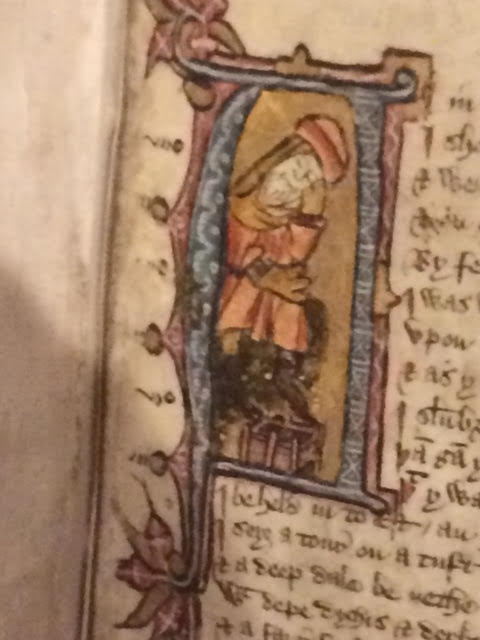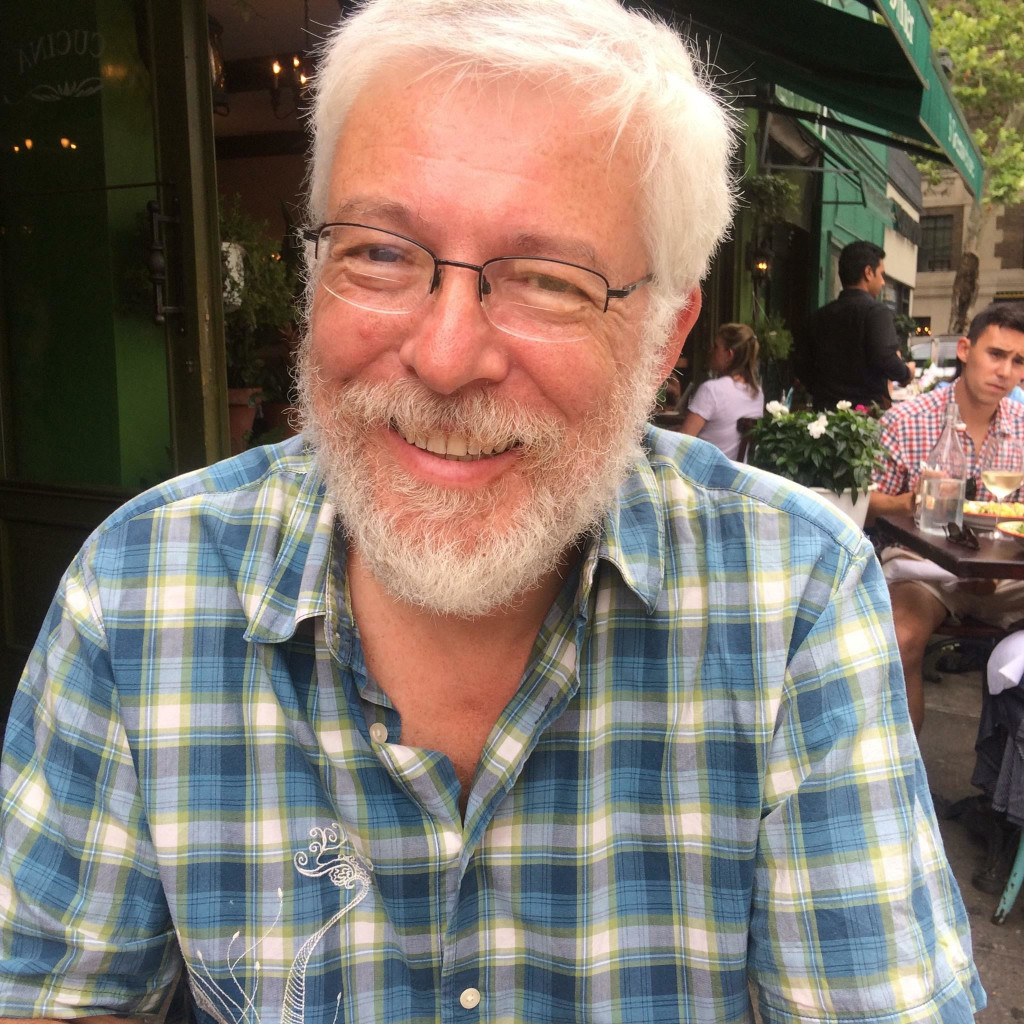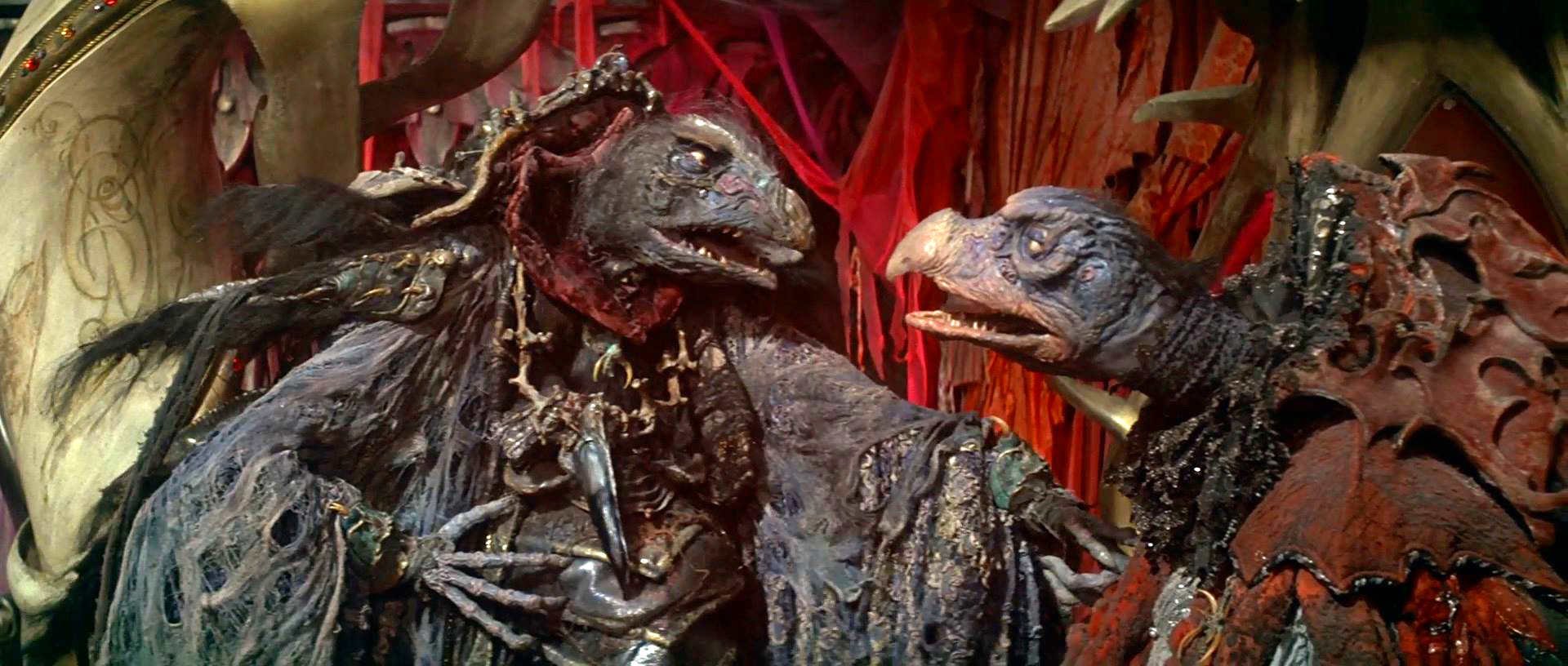
“Piers Plowman,” considered by many to be one of the greatest works of medieval English literature, tells the story of a series of dreams experienced by Piers (Peter) the Plowman. This image is the only known depiction of Piers and shows him dreaming; the manuscript comes from the late 1300s and belongs to Corpus Christi College, Oxford.
Dreams and visions while sleeping have long fascinated us. Modern psychologists use dreams to help us unlock the mysteries of our inner emotional life: what frightens us, what do we yearn for, how do we see ourselves in relation to those around us, who is important to us and why. To ancient and medieval people, dreams were glimpses into the future and ways to travel far without leaving the comfort of our beds.
In Stranger Magic: Charmed States and the Arabian Nights, Marina Warner tells us that “Oneiromancy, or divination through dreams, was a practice throughout the ancient world and cultivated in Egypt: Joseph interprets dreams in both the Old Testament (Genesis 40-41) and the Koran (Sura 12).” Many features of dreams–suddenness and vividness, fragmentation, episodic structures, displacements in time and space, instability of bodies–are common throughout fairy tales and legends of all people.
In stories such as the Arabian Nights, fairy tales, or Piers Plowman, dreams can reveal something true that is happening now or is about to happen. Dream experiences can actually take place and dreamers can awake with a new ring or some token that convinces them that the dream experience actually happened.
The interaction and interrelationship of reality and dreams is explored in modern films as well as legends or tales. Marina Warner suggests that both The Matrix (1999) and Inception (2010) depict one dream world inside another “until the notion of verifiable reality disappears into an abyss of multiple reflections.”
We sing with children, “Row, row, row your boat… life is but a dream,” but dreams can illuminate aspects of our lives that would remain otherwise dark, unexplored, unacknowledged–and therefore all the more powerful over us. I know that if I focus on the emotional content of my dreams — rather than the surface elements that are not always recognizable — that I can appreciate and come to grips with something my sleeping mind is struggling to grapple with. By dreaming and by acknowledging our dreams we can be free of those dark forces and choose our own paths forward.
NOTE: I just had a great conversation about writing with Rachel Hardcastle on her podcast. See it here.



